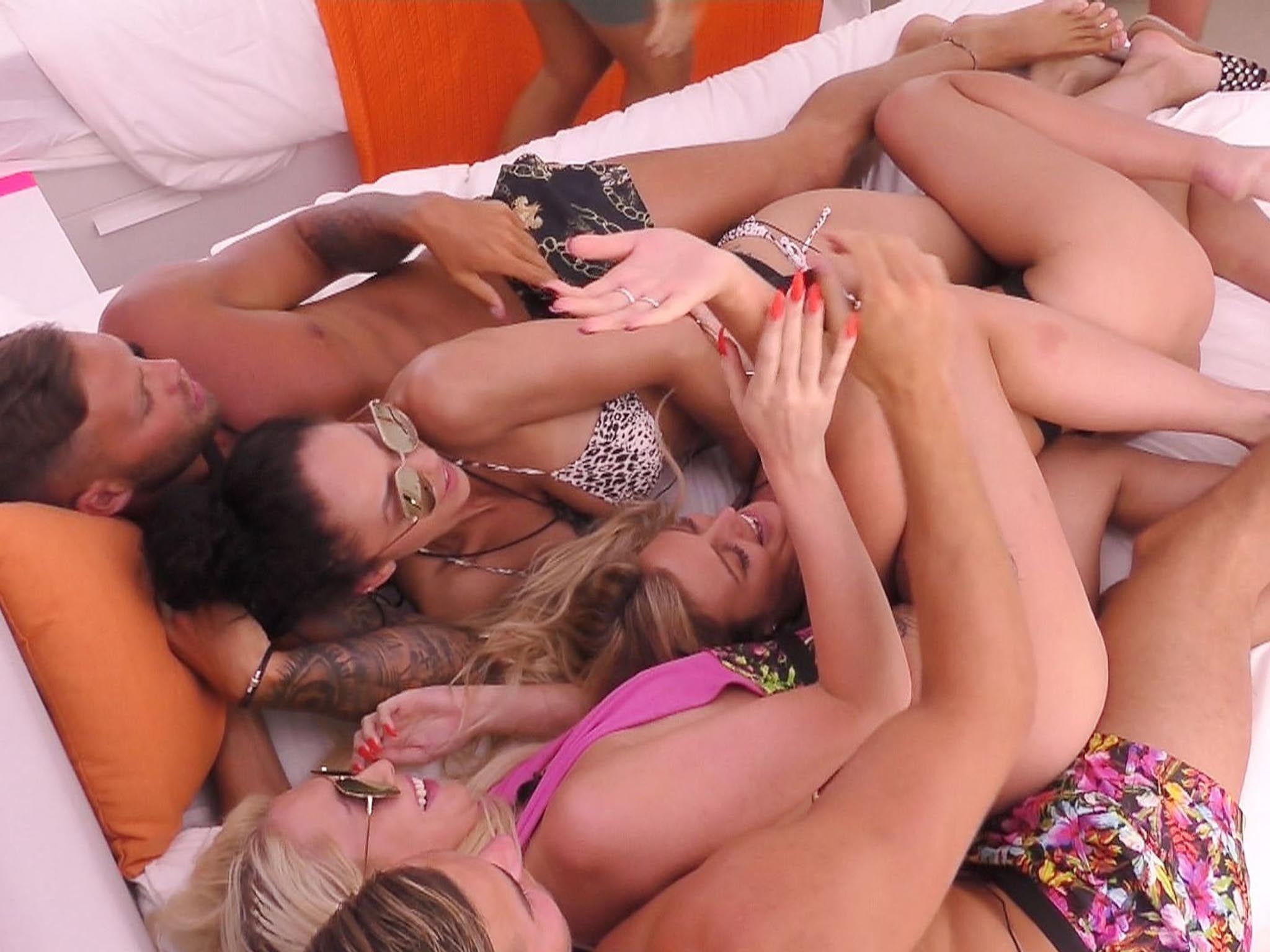Why you need to stop being snobby about Love Island and embrace what it teaches us about feminism and relationships
The reality show is returning to our screens with what is likely to be a welcome insight into budding and, hopefully, healthy relationships

The long, hot summer is upon us and so is Love Island. For some, the release of sneak-peek videos showing off this year’s contestants has been met with derision. Some are not happy with the cast’s lack of diversity or the perceived mould from which each “character” has been churned out. Blonde? Check. Tanned? Check. Toned? Six-pack? Check. But in a time of #MeToo, where poisonous relationships – including coercive control, verbal abuse and manipulation – are being shown on other reality shows like The Only Way Is Essex (TOWIE) and Made In Chelsea, could Love Island be the antidote?
In recent episodes of TOWIE – another ITV show full of glamorous men and women baring their bodies and their souls for us to stalk and idolise on social media – the relationships portrayed are nothing short of triggering and harmful. Week in, week out, we see some of the men on the show treat their girlfriends with contempt at best and aggression at worst.
In one episode, James Lock screamed in the face of his crying girlfriend, Yaz Oukhellou, and her two friends, whilst proclaiming that he was a nice guy. He also accused Yaz of making him look like a “dick” for telling her friends about how he treats her. In another part of the show, Myles Barnett went on a foul-mouthed tirade against his girlfriend, Courtney Green, for talking to another man, brandishing her a “f***ing slag”.
It’s not just during the bi-weekly hours of TOWIE that we find ourselves sitting through portrayals of toxic relationships. Another reality favourite, Made In Chelsea, has recently come under fire for showing several emotionally abusive relationships. Cast member Ryan Libbey, for example, became unreasonably jealous when his girlfriend Louise Thompson’s ex came on the show – he even walked out during their anniversary date – and during the “make up” scene he gaslighted her and twisted the situation around to make her feel like she was at fault.
Love Island, on the other hand, is returning to our screens with what is likely to be a welcome insight into budding and, hopefully, healthy relationships.
In contrast to the hypermasculinity of TOWIE, Love Island displays honest examples of men showing emotion. Last season, we fell in love with Marcel Somerville because of how tender he was during moments of sadness, like when he lost his best friend in the villa, Harley Judge, to an early elimination.
We also saw contestant Chris Hughes cry with joy when looking after a baby doll that he was to “father” with his former on-screen girlfriend Olivia Attwood.
And we can’t forget the nation’s sweetheart du jour Camilla Thurlow on her date with Jonny Mitchell, where she challenged him on his archaic and misogynistic views. He said he would feel emasculated if a girl was to pay during a date. He then accused Camilla of being a feminist – as if it was a bad thing. Camilla then proceeded to explain to Jonny – and therefore to millions of viewers – what a feminist is, in a calm and articulate manner.
Unlike TOWIE, where the women often accept repeatedly awful behaviour from their other halves by not ending the relationships or by hoping that they can change the men (erm, Gemma and Arg make up for the 4,000th time), Love Island often shows us examples of strong women who don’t stand for any mistreatment. Last year’s contestant Olivia was criticised for being “arrogant”, yet she didn’t fail to tell her partners when she felt she was being mistreated.
Are the contestants of Love Island, future and past, the model for which we should base all of our relationships on? Of course not. But it’s likely that the new season will throw up more interesting debates over how men and women should respect each other in relationships, as well as give us new, and hopefully less toxic, demi-celebrities to become obsessed with.


Join our commenting forum
Join thought-provoking conversations, follow other Independent readers and see their replies